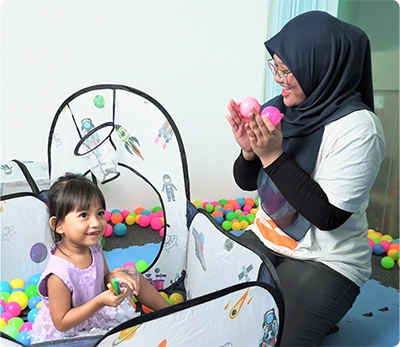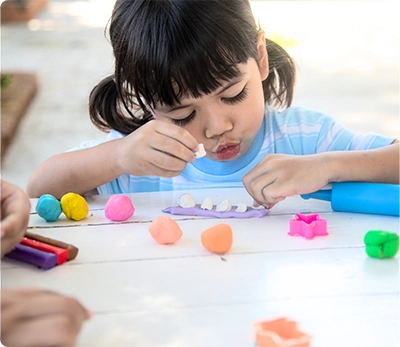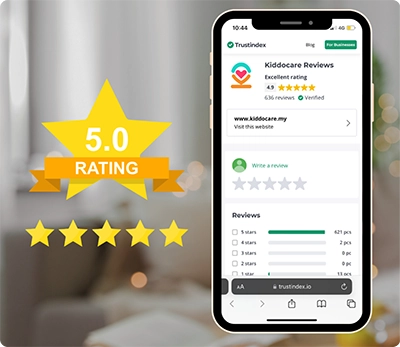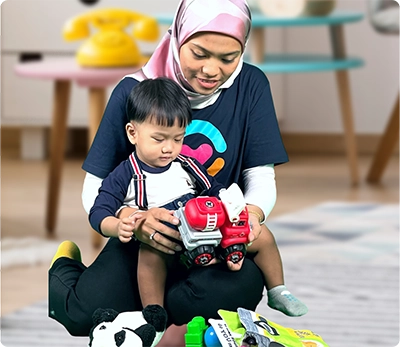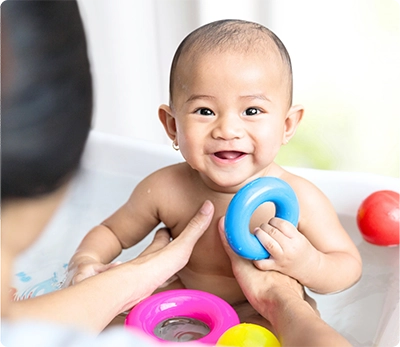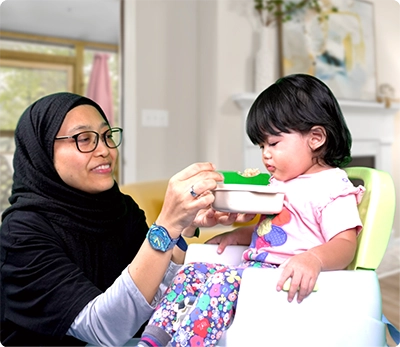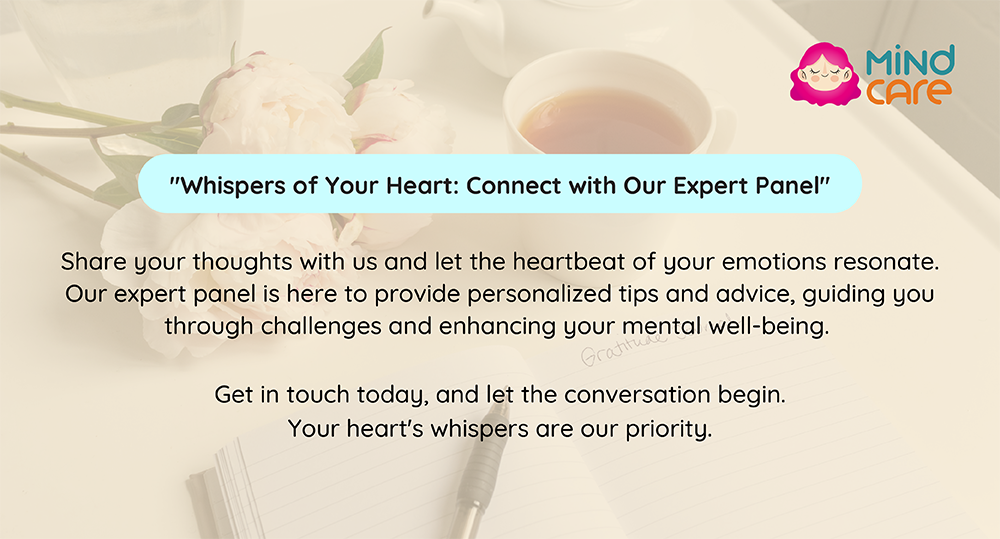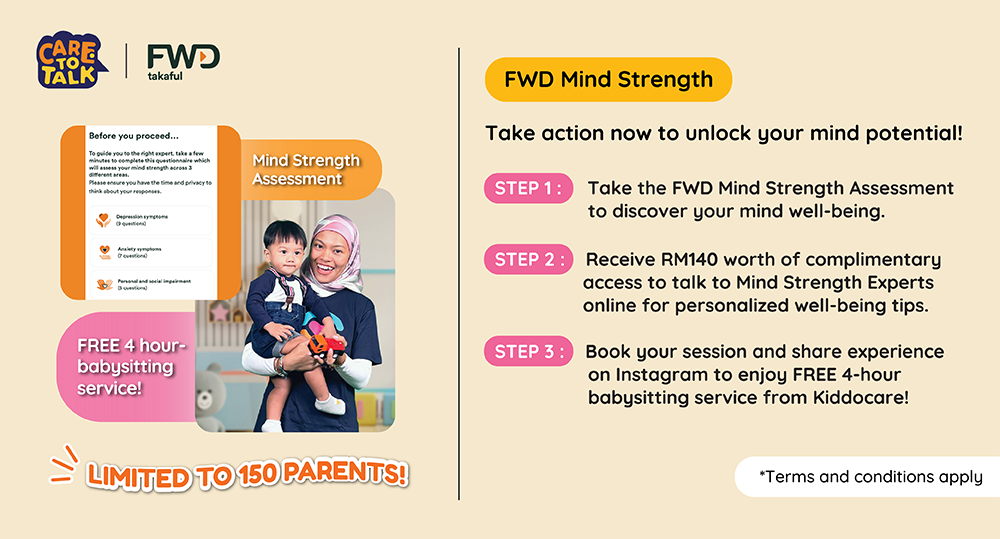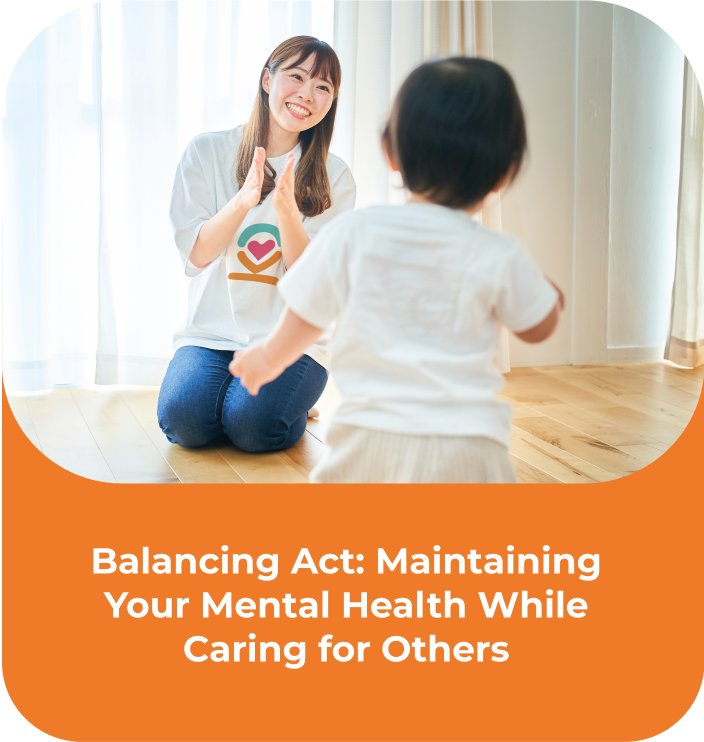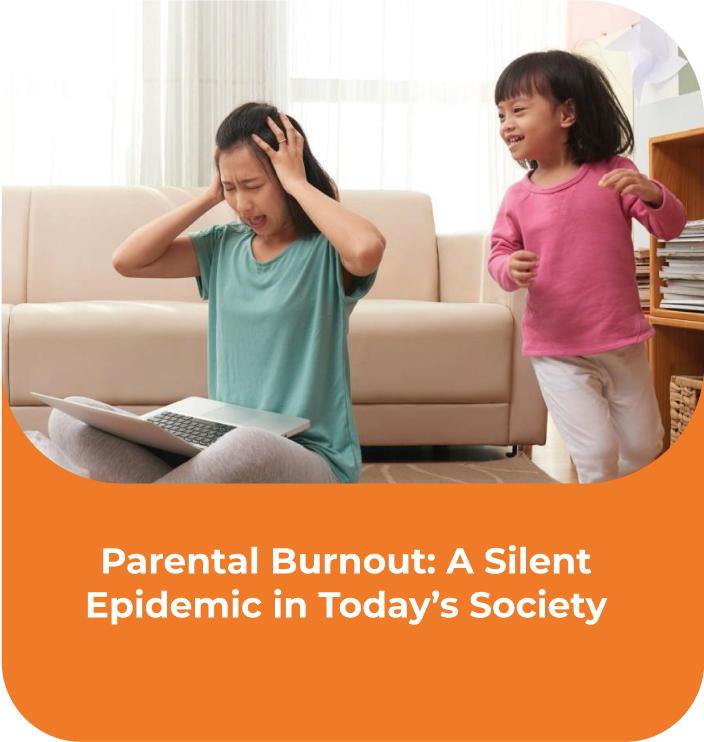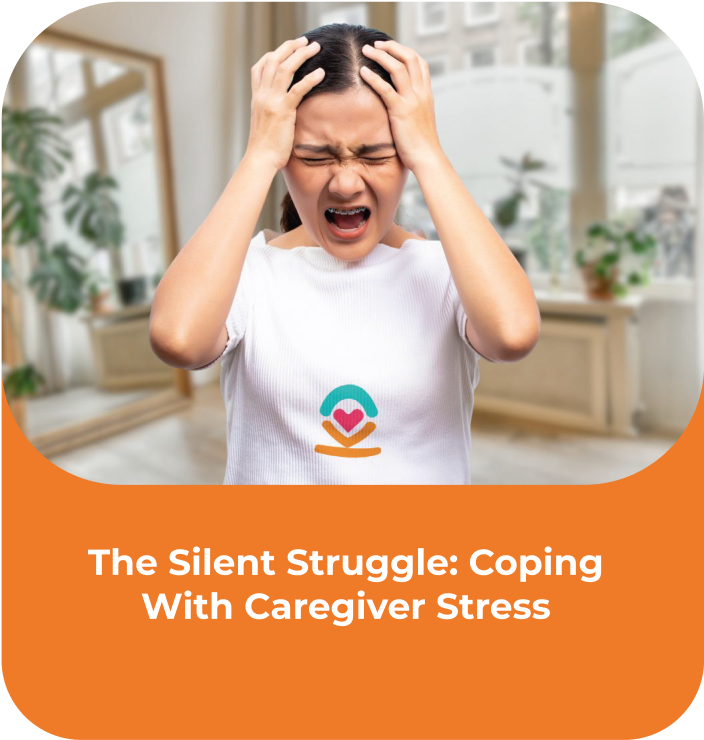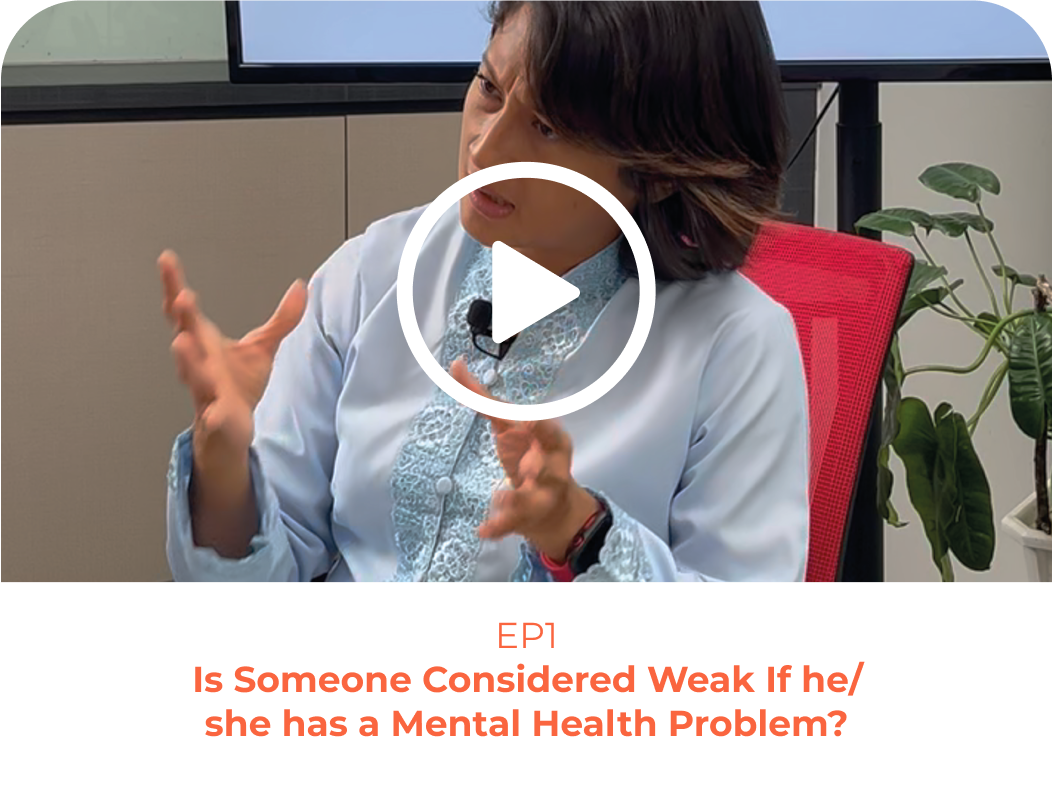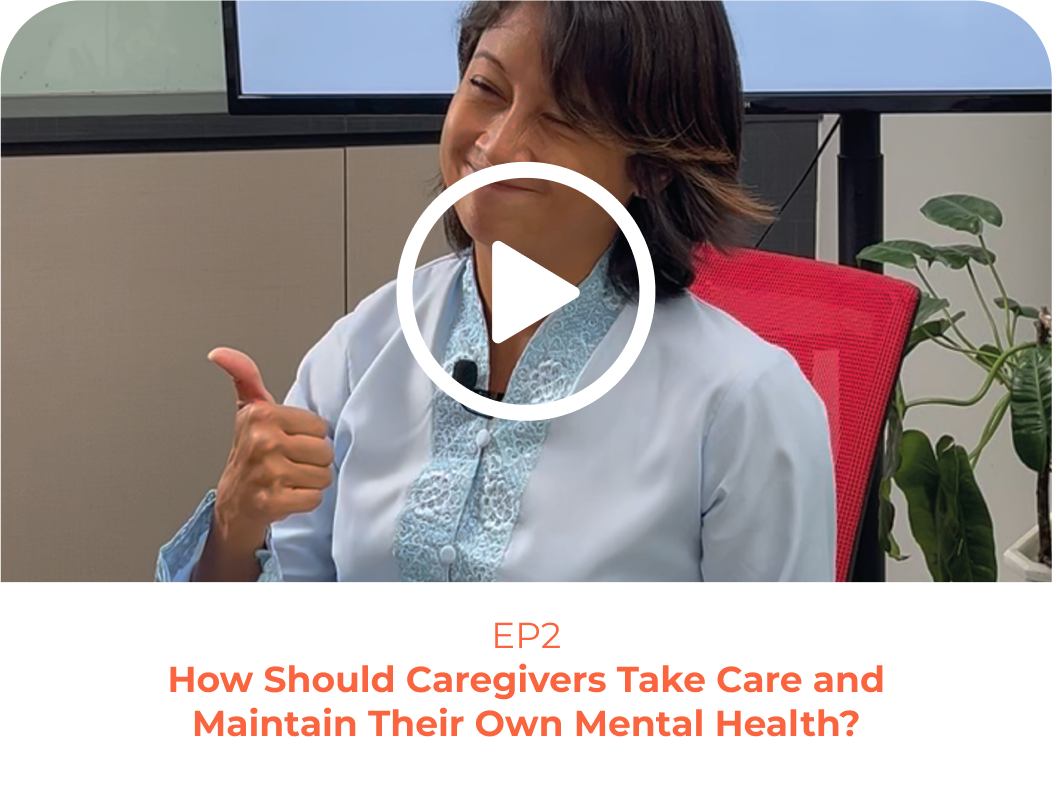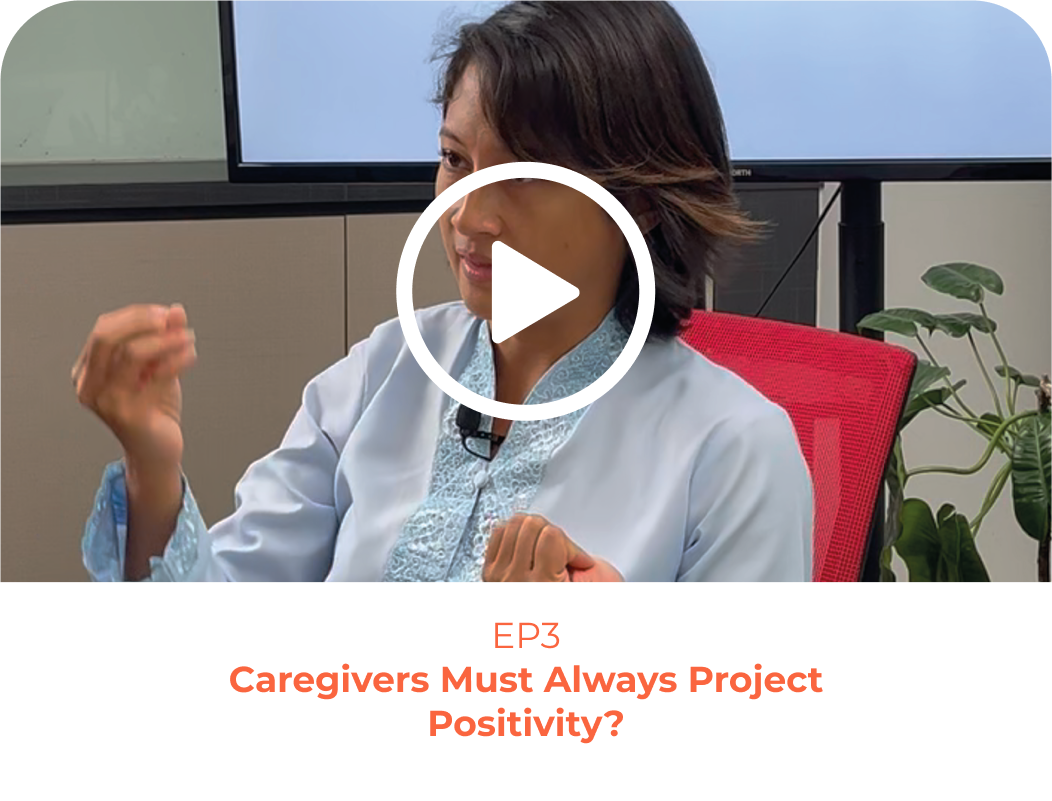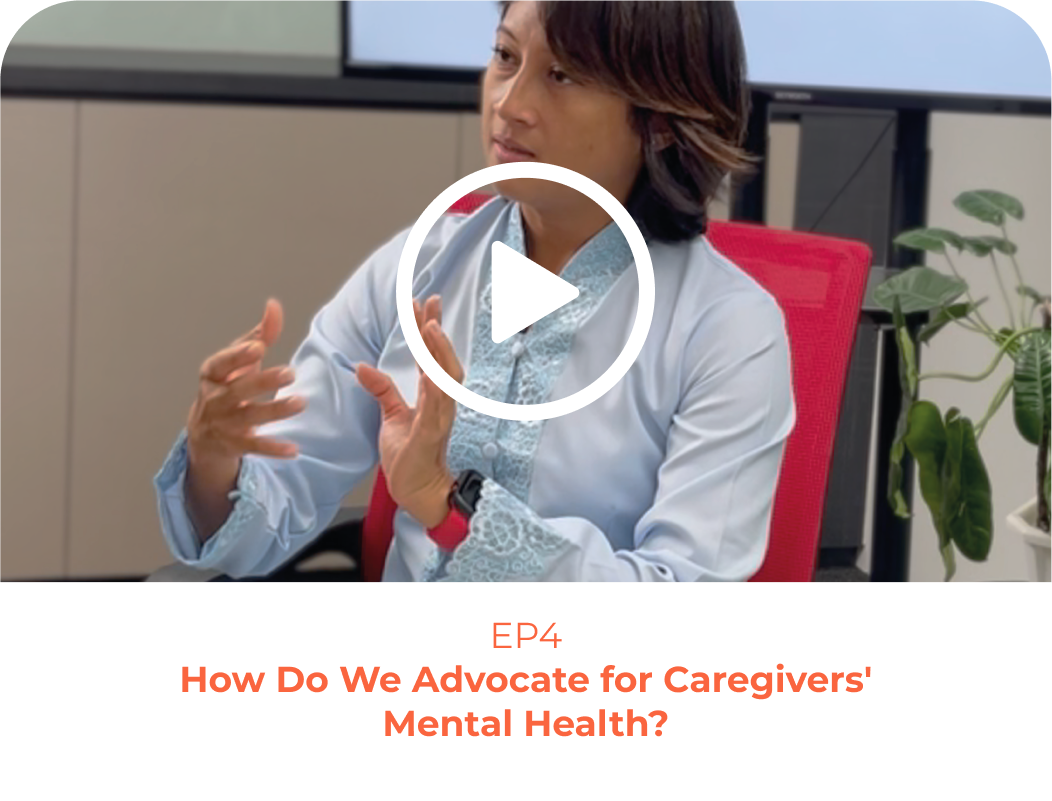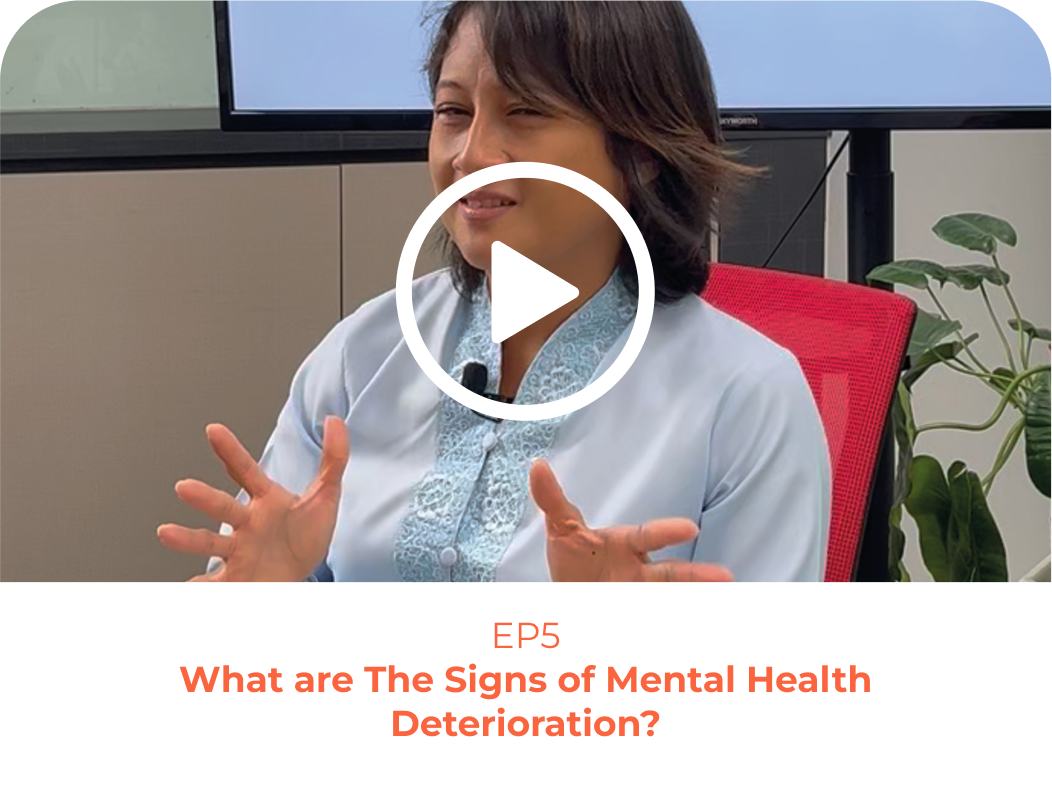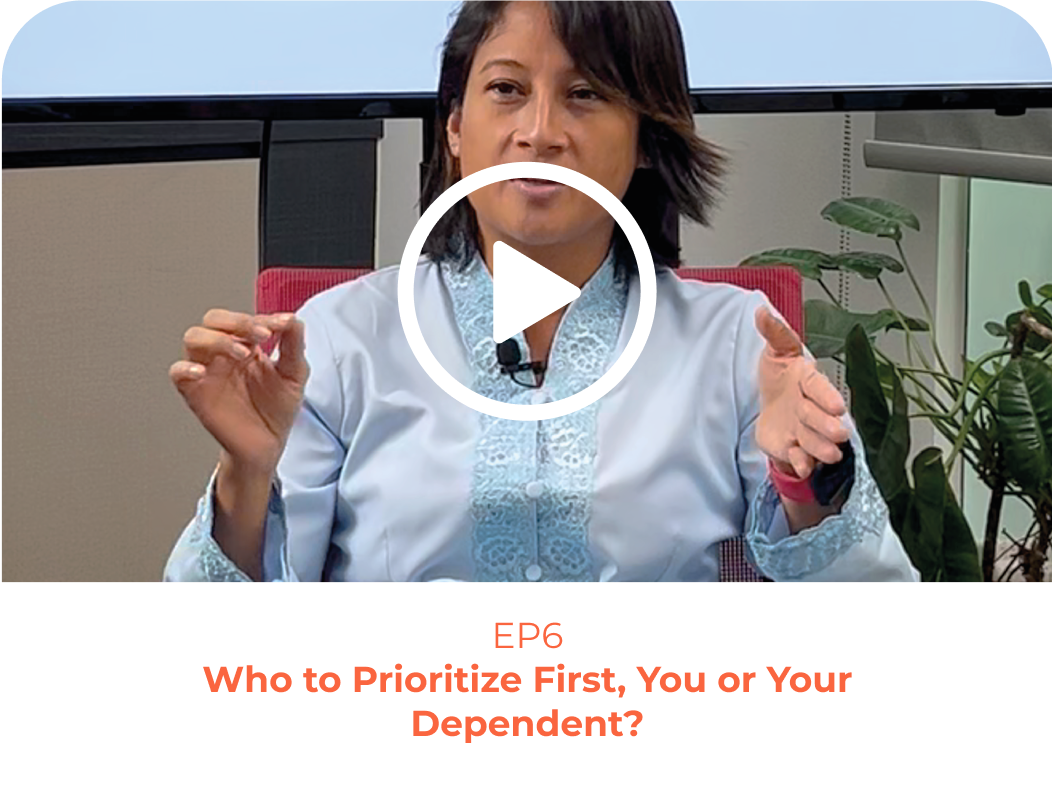Balancing Act: Maintaining Your Mental Health While Caring for Others
Being a caregiver, whether for children or senior citizens with special needs is a rewarding but often challenging role. It is a role that often demands unwavering dedication and compassion. If we carried out the tasks as a caregiver, it can be something that is very fulfilling. But on the other hand, it can also be incredibly challenging, both emotionally and physically.

In the midst of these caregiving responsibilities, it’s easy for caregivers to overlook their own well-being. Being a caregiver can push one to their limits as the demands of caregiving often come at the cost of personal rest, time and self-care.

But here’s the thing; taking care of your own mental health is a necessity. Similar to how you prioritize the people you care for, it’s important that you extend that same level of care to yourself.
Let’s explore essential tips and strategies to help you build and maintain strong mental health while juggling the responsibilities as a caregiver.
You Over Others

No, it’s not selfish for you to prioritize yourself for others. It is definitely something that you should not ignore when it comes to taking care of yourself. Prioritizing yourself is a necessity for everyone, especially for caregivers as they’re responsible for caring for other people.
When prioritizing, make sure that you maximize your self-care practices. Set some time aside for activities that rejuvenate you. Whether it’s reading a book, collecting stamps, going out for a movie, relaxing at a spa, hiking a mountain or even scrolling and endlessly adding items to cart at an online shopping app, for as long as the activity is safe for you and doesn’t harm anyone, make self-care a regular part of your routine. By caring for your physical, mental and emotional needs, you’ll be better equipped to care for others.
HA! HA! HA!

When people say that laughter is the best medicine, take it very literally. It is true that laughter provides you with the best feeling in the world especially if the jokes can get you giggled for minutes.
Why? This is because your body releases endorphins, the hormone that releases the feel-good chemicals, reducing stress and increasing the feeling of happiness and well-being. This will make your brain calm followed by a cascade of relaxation responses through your body.
Try to find humor in your everyday life. Watch a TV program like Maharaja Lawak Mega, F.R.I.E.N.D.S or or go watch a movie that tickles your funny bone like Park Seo-Joon’s Dream, the late Mamat Khalid’s movies or Spy Kids: Armageddon.
Watching comedies and hearing jokes will let your mind stray from worries, encouraging a positive outlook. Laughter can have remarkable effects too. Lawrence Robinson, Melinda Smith and Jeanne Segal, Ph.D. from HelpGuide.org described that laughter can relax your muscles, relieve physical tension and even increase pain tolerance. Your immune system also gets a boost from laughter, as it increases the production of immune cells and antibodies. Not only will it reduce your stress but laughter can also build a strong mental and physical health for you.
Keep Everything Organized

When we include the word ‘organize’, some of you must be thinking about the tidiness of your house. Well, this is true to a certain extent. You need to make sure your house is neat and organized. Everything should be in order and only then you can care for others as safety should be a priority for everyone. But this doesn’t cover the whole thing about organizing.
It’s more than that, when we say ‘organize’, we also mean financially. Make sure to keep your finances in check; from planning your budget to saving some in your bank accounts. When we care about others, we sometimes forget about ourselves and this may cause unwanted stress and financial issues can have devastating effects on our mental health if not planned properly.
Some caregivers immerse in their caregiving responsibilities that they may start to lose themselves in the world of the person that they care for. You, as a person, have your personal goals and dreams to achieve, constituting your whole life. It’s essential to remember that you are an individual with goals and aspirations, and these are integral to your identity and overall well-being.
Caring for others may be one of the most rewarding things in the world but don’t lose sight of your own life journey. Why? Your personal life is the cornerstone of maintaining good mental health. Effective organization is crucial to fostering good mental health for both yourself and the person you’re caring for.
Quality Over Quantity

While it may seem difficult to maintain your work-life balance, it is important for us to make connections with friends and family. Having a connection means creating real, authentic relationships with them, not just knowing them and having their contact information on our phone.
You don’t need to meet them often. Once in a while should be good since you have yourself and the person you’re caring for to prioritize. Family should come first before friends but this doesn’t mean that you should only meet your friends once a month. Meet your family on a weekly basis and your friends on a bi-weekly basis.
These relationships can provide emotional support and reduce feelings of isolation. When you know you have people who care for you, you will realize that you have a purpose in life and that you are important to them. These thoughts and feelings alone can maintain a good mental health. As a caregiver, you may feel alone and isolated and you’re giving your energy and time to your loved ones so family and friends are the ones who will make good use of your free time, they are the backbone that will support you no matter what. It’s okay if you don’t have many friends or even family members for as long as those you do have offer genuine support, understanding, and unwavering love. Quality always surpasses quantity when it comes to relationships. Remember, a few true companions can bring immense comfort and joy to your life, making sure that your mental health is always in good shape and condition.
Written by:
IAN FIRDAUS
References:
https://www.helpguide.org/articles/mental-health/laughter-is-the-best-medicine.htm

















